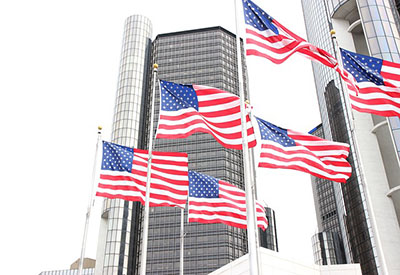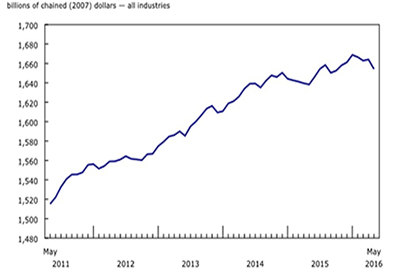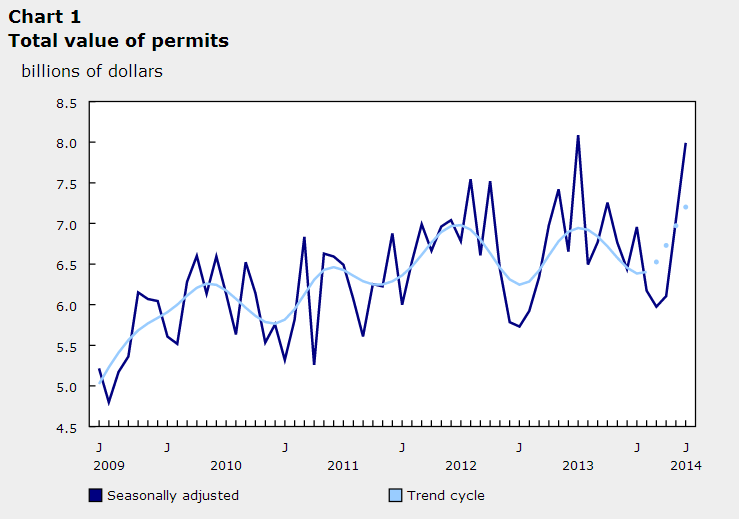Trump Will Sign Executive Orders to Renegotiate NAFTA and Pulls Out of TPP

January 31, 2017
By Paul Eitmant
The North American Free Trade Agreement took effect in 1994. Trade experts, academics and government officials say Canada and Mexico will also seek tough concessions, and that NAFTA’s zero-tariff rate would be extremely difficult to alter. Any renegotiation would likely take several years, they say.
Trump said he would be meeting with Canadian Prime Minister Justin Trudeau and Mexican President Enrique Pena Nieto to begin work on overhauling the deal.
Preceding the NAFTA agreement was the Canada-U.S. Automotive Products Agreement (Autopact), a conditional free-trade agreement signed by Canada and the U.S. in January 1965 to create a single market for passenger cars, trucks, buses, tires and automotive parts.
Listed below are a few examples concerning what might happen and the concerns and issues that need to covered if and when the agreement is changed.
Brent Snavely, Detroit Free Press
Detroit’s Big 3 automakers — Fiat Chrysler Automobiles, General Motors, and Ford — all either declined to comment or did not respond to e-mails seeking comment. The Auto Alliance, a lobbying organization for the industry, also didn’t offer a comment.
Automakers have been racing in recent weeks to pull any plans they have for U.S. investments and job creation off the shelf and announce them in an effort to blunt criticism from Trump for investing in Mexico.
Nearly every automaker, both foreign and domestic, has built new plants in Mexico in recent years. Mexico has surpassed Canada in annual vehicle production.
Reversing those investments to build new plants in the U.S. would take years. Meanwhile, a large border tax, such as the 35% tariff that Trump has threatened, would cause the U.S. price of many cars and trucks to soar. It could lead to a decline in industry sales and lead a steep decline in profits for automakers.
Hoyt Bleakley, associate professor of economics at the University of Michigan stated, “The new administration is suggesting a reversal in trade policy of a magnitude that hasn’t been seen in decades. A sudden increase in trade costs is a recipe for a slowdown, maybe a recession, as the higher costs disrupt the supply chain.”
The Ann Arbor-based research organization estimates that a 35% tariff on light vehicles imported from Mexico would quickly lead to a decline of 450,000 cars and trucks in the U.S. because of higher prices, hurting U.S. dealers and automakers.
“If the U.S. leaves NAFTA, companies in Mexico and Canada may seek alternate, more affordable places to purchase these goods, such as China, India, and other regions with large, international U.S. competitors,” the Center for Automotive Research said.
Fiat Chrysler CEO Sergio Marchionne said that a 35% border tariff could force the automaker to stop producing cars in Mexico.
Scott Keogh, president of Audi of America, said last week that a border tariff would not hurt the German automaker as much as some other automakers.
Audi decided five years ago to build a $1.3-billion factory in the south-central Mexico town of San Jose Chiapa to make its Q5 SUV.
“This plant… is a global plant. It makes cars for the entire world,” Keogh said. “So, there is only one place to get a Q5 and that’s (a Q5) made in Mexico. And it goes to Africa, and South America and Europe and all over the world. The car used to be made in Germany. In fact, and now it’s made in Mexico.”
Revealed at the recent Detroit auto show, the new Q5 is scheduled to go on sale in the U.S. by spring.
Trudeau, Foreign Minister Chrystia Freeland and other top Liberal lawmakers recently convened in Calgary for talks to figure out how to limit losses from any renegotiation of the North American Free Trade Agreement.
Canada is the top buyer of U.S. goods, a message Trudeau is relying on in his pitch to Trump. It’s also among the top sources of U.S. imports, including the leading source of foreign oil. The cabinet meeting in Calgary — the capital of the oil patch — comes as low prices have sapped investment and sent unemployment in Alberta soaring to 9% in November from less than 5% two years earlier.
Last but not least, Mr. J Wilson, chairman of the Canadian unit at Barclays Capital Inc. stated in an interview with Bloomberg TV Canada, “Any trade agreement can do with some changes, some updating,” he said. “The key here is to try to avoid opening up the thing altogether. Because once you get everything on the table, then every member of Congress is going to say, ‘Well, if you’re going to add that, I want mine, I want mine.’”
We all need to be patent and wait and see what really going to put on the table for review/change. This is always the process in which both the Canada and the United State operates.
Paul Eitmant is President and CEO of IP Group International, which serves the needs of business-to-business enterprises in over 30 countries worldwide by adding specialized expertise to the business planning and implementation process; Tel: 480.488.5646; paulipgroup@cox.net.











